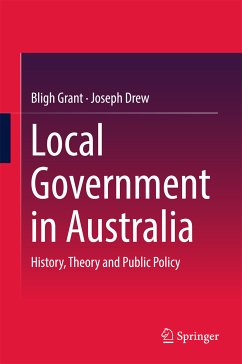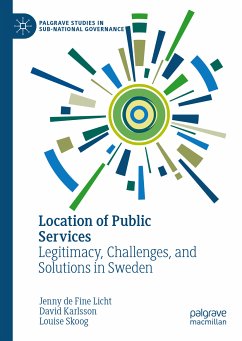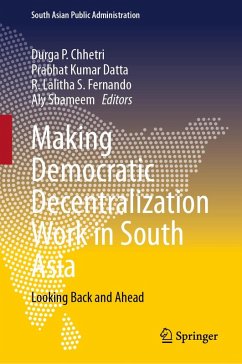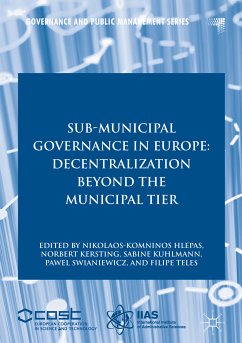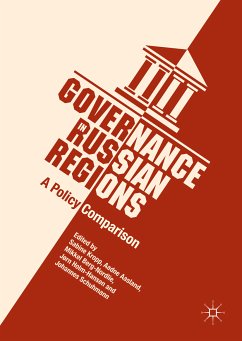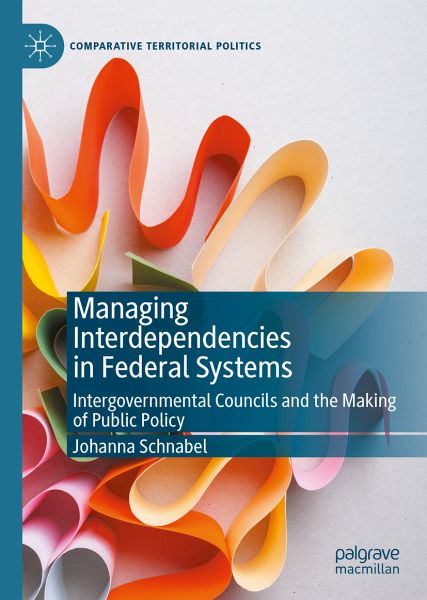
Managing Interdependencies in Federal Systems (eBook, PDF)
Intergovernmental Councils and the Making of Public Policy
Versandkostenfrei!
Sofort per Download lieferbar
72,95 €
inkl. MwSt.
Weitere Ausgaben:

PAYBACK Punkte
36 °P sammeln!
Intergovernmental councils have emerged as the main structures through which the governments of a federation coordinate public policy making. In a globalized and complex world, federal actors are increasingly interdependent. This mutual dependence in the delivery of public services has important implications for the stability of a federal system: policy problems concerning more than one government can destabilize a federation, unless governments coordinate their policies. This book argues that intergovernmental councils enhance federal stability by incentivizing governments to coordinate, whic...
Intergovernmental councils have emerged as the main structures through which the governments of a federation coordinate public policy making. In a globalized and complex world, federal actors are increasingly interdependent. This mutual dependence in the delivery of public services has important implications for the stability of a federal system: policy problems concerning more than one government can destabilize a federation, unless governments coordinate their policies. This book argues that intergovernmental councils enhance federal stability by incentivizing governments to coordinate, which makes them a federal safeguard. By comparing reforms of fiscal and education policy in Australia, Canada, Germany, and Switzerland, this book shows that councils' effectiveness as one of federalism's safeguards depends on their institutional design and the interplay with other political institutions and mechanisms. Federal stability is maintained if councils process contentious policy problems,are highly institutionalized, are not dominated by the federal government, and are embedded in a political system that facilitates intergovernmental compromising and consensus-building.
Dieser Download kann aus rechtlichen Gründen nur mit Rechnungsadresse in A, B, BG, CY, CZ, D, DK, EW, E, FIN, F, GR, HR, H, IRL, I, LT, L, LR, M, NL, PL, P, R, S, SLO, SK ausgeliefert werden.



